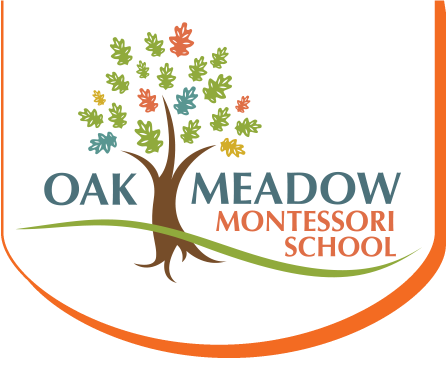This week Upper Elementary students performed a re-enactment of the events surrounding the Montgomery bus boycott. As you may know, it started when Rosa Parks was arrested for not giving up her seat to a white person, as required by the existing laws of racial segregation. Today, many people consider Rosa Park’s actions and the bus boycott to be the seminal event in the civil rights movement in the United States.

Rosa Parks is arrested and escorted off the bus by police
Upper Elementary students re-enacted this event, portraying the roles of key individuals such as Rosa Parks and the Reverend Martin Luther King, Jr., who had recently arrived in Montgomery. Following their re-enactment, the students discussed their observations and what they had learned. One of the comments that stood out to me was that Rosa Parks really had no idea what would happen when she decided not to give up her seat. That single act by Rosa Parks, and the consequent actions of others in Montgomery, became the launching point in a decades-long movement that would end racial segregation laws in our country. Students realized that these acts were set in motion by individuals working collaboratively, moved by personal conscience, a sense of justice, values, and a willingness to do what was right. From our position today, it may be difficult to grasp the challenge and risk of making a good decision, a sound decision, when the circumstances and outcomes were highly ambiguous.
I can’t think of a better lesson for these Upper Elementary students. How might their understanding of this incident help to formulate their own response to circumstances today that are uncertain and ambiguous? I’m glad our students had such a meaningful and tangible way to process this moment in history through a re-enactment, and reflect on its meaning in their own lives.
Dealing with ambiguity was the topic of a talk I attended this past week. Nationally-renowned, award-winning educator John Hunter was the Mees Visiting Scholar at Lawrence Academy. As a teacher back in the 1970s and 80s, Hunter created the World Peace Game with a class of fourth graders at a school in Virginia. The concept of this problem-solving, peace-driven game was so powerful it spread like wildfire.

John Hunter and Jay Scheurle at Lawrence Academy
According to Hunter, the purpose of the World Peace Game is “learning to live and work comfortably at the frontiers of the unknown.” Although there are rules to the World Peace Game, the actions taken by student players and the eventual outcomes are completely unscripted. In playing the game, students work in teams representing different nations. Students use skills such as collaboration, conflict resolution, bargaining, and negotiation, making difficult decisions regarding the allocation of limited resources while preserving the peace and well-being of citizens. The game helps to further develop a working knowledge of politics, economics, social dynamics, warfare, diplomacy, and the environment. As explained on the game’s website, “As their teams venture further into this interactive social setting laced with highly charged philosophical issues, the skills needed to identify ambiguity and bias in the information they receive will be enhanced and more specifically they will rapidly perceive that reactive behavior not only provokes antagonism, it can leave them alone and isolated in the face of powerful enemies. Beliefs and values will evolve or completely unravel as they begin to experience the positive impact and windows of opportunity that emerge through effective collaboration and refined communication.”
Hunter told the audience at Lawrence Academy, “we need to teach for a future we cannot see right now. We need to prepare children for an unknown future.” Over the last two decades, Hunter has presented his game and educational philosophy at different schools, colleges, and organizations across the US and around the globe. He even trains new diplomats working for the US State Department.
By helping our students at Oak Meadow develop skills like adaptability, resilience, and teamwork, we are putting them in a strategic position to work more effectively in an increasingly ambiguous world.





